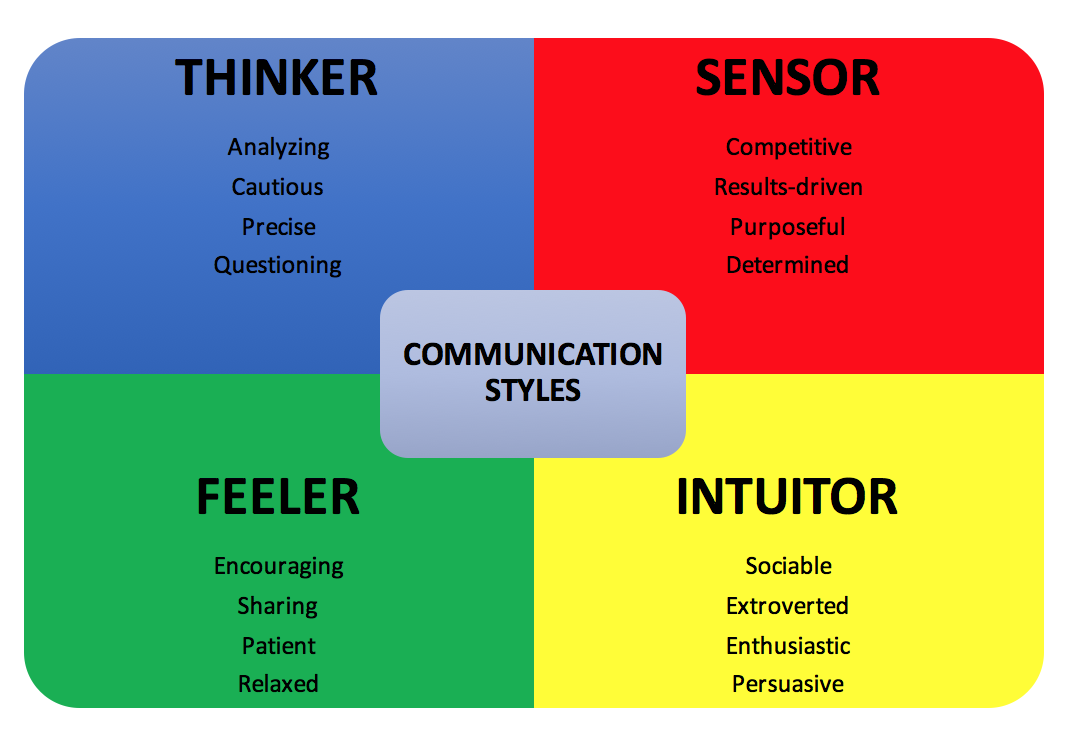I've been slacking on the blog, but I’m back!
I’m going to make this short and this isn’t going to be some New Year’s Resolution thing - or is it??
This is a confession - I have been slacking on keeping up this Leadership Blog!!
Perhaps drinking too much wine in Stockholm and Copenhagen 🤷♀️ + [wine emoji please]
We all have been slacking on something (or many things) in 2019 - and there is no shame in this. I am owning it and going to start a new.
So picking up where I left off - I had a 3-Part Series on Cross-Cultural Communication that I had been planning to launch back in September.
Here is Part 2 of 3 - Please enjoy!
Yours truly,
Mary
Awareness about Individualistic & Collectivistic Culture Can Help Us at Work!
Check out www.unsplash.com for beautiful and non-copyright images! This is in Pamplona, Spain
Two big words, but once you know them, it can be so powerful to how you view the world, yourself and others!
Please note that “always” doesn’t live here, and these are ideas to think about, but does not mean that everyone acts or behaves in a certain way.
Never make assumptions and instead ASK OPEN-ENDED QUESTIONS to learn more about someone else, their perspectives, views, and beliefs. Even when you think you know, ask another question!
Individualistic
Collectivistic
Typically associated with western cultures.
Typically associated with eastern cultures.
Test yourself:
Fill in this blank, “I am _____________________.”
In the United States, most of us think with “I” as the center of why we do things. And if you are from an individualistic culture, you may have been more likely to answer with a trait or characteristic that describes you.
If you are from a collectivistic culture, you may have answered with a reference to a group or relationship that you are part of.
“I am goal-oriented/tall/34 years old”
vs.
“I am with XYZ company/Muslim/one of four siblings”
Can you see how these different perspectives could misunderstand each other at work?
When thinking about work relationships individualists and collectivists may take very different perspectives on developing relationships.
Collectivists:
We are interdependent on each other
Relationships aren’t voluntary and may even be obligatory
Relationships are stable and permanent
Do not want to burden others with their stress and problems and may be less likely to ask for support and help
Seek out time to spend with those they trust deeply, without mentioning their stress or problems
Individualists:
View relationships as voluntary
Perceive that they have a choice to create or end a relationships
If something isn’t working, they can be more likely to walk away or end a relationship
Are generally comfortable sharing information, stressors, and issues with others
Expect that others will freely share information with them
Are generally okay asking for support from others
How does this show up at work for you?
Share your comments down below!
AND…If you want to learn more about these nuances check out this article!








